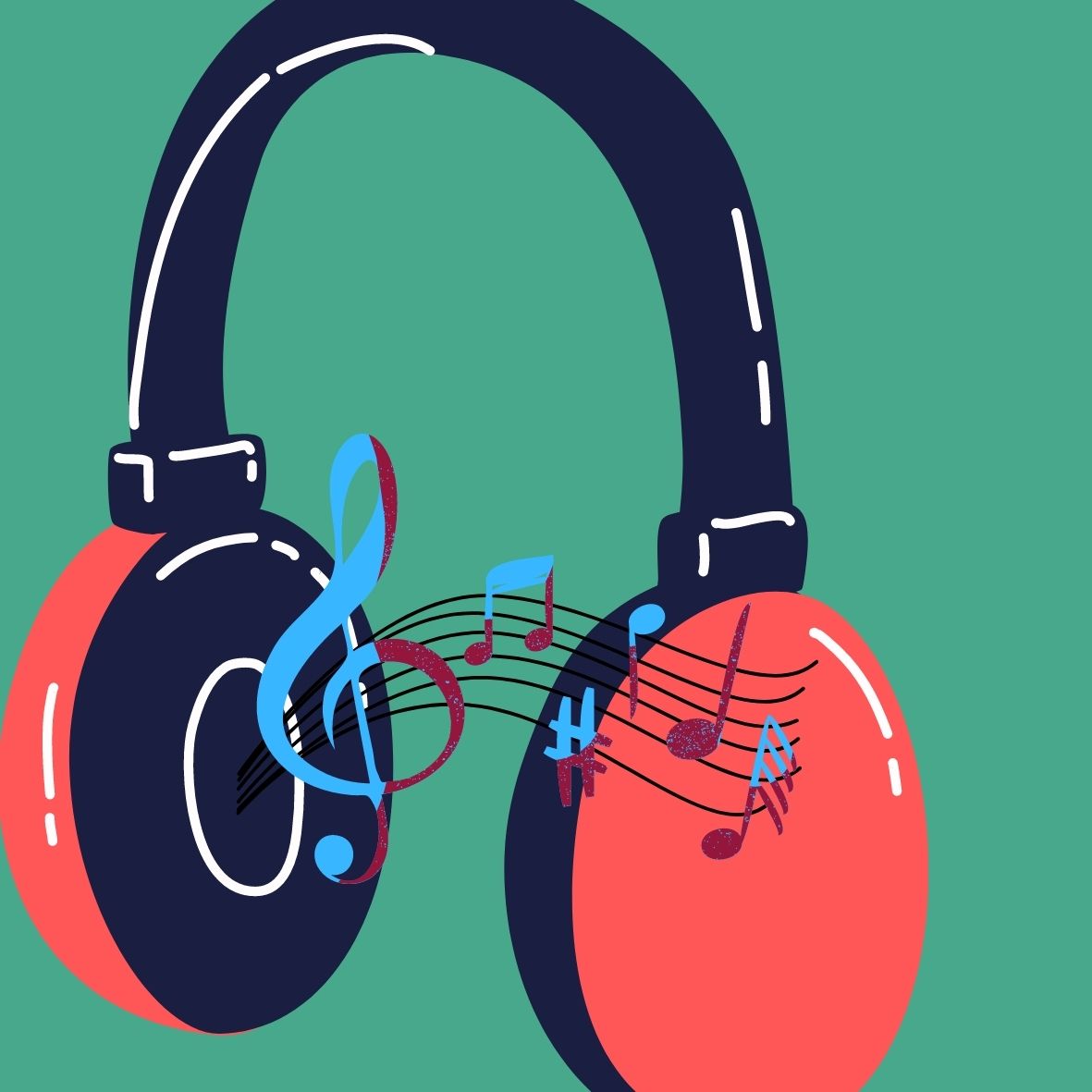
Do you enjoy listening to music? Are you currently learning how to play music? Music cuts across all age groups. As a result, no matter how old you are, you could always profit from ear training. Rome wasn’t built in one day. It will take some time before you can fully develop that musical ear. However, it will all be worthwhile after you are done.
There are many ways people use to train their ears to become more musical. One method includes listening to the radio and follows the tune for a few minutes. After you turn off the radio, can you still hear the melody in your head? If you can, then hum it out loud. Congratulations! You’ve just had your first ear training exercise from Mypaperwriter.com experts.
That is just one of the many ear training methods out there. Luckily we’ve put together a list including ten ear training tips adults can use in their quest to develop their musical ears as follows.
Start Simple; Practice Active Listening
Don’t rush yourself into becoming the next Mozart in one day! It certainly takes time. Start with simple ear listening exercises. Start by asking yourself the following questions; What exactly do you hear? Is the rhythm fast or slow?
Test Your Hearing
Before you continue learning, you must first evaluate your hearing skills. Assess your hearing skills by taking simple tests such as hearing people speak in a crowded room. If you find yourself constantly asking people to repeat what they have said, then you might be having a small hearing problem.
Test your Current Listening Skills
After you practice for a while, the next thing you can do to take you to the next level is to test your new skills. If you easily enjoy the music, then that’s a good sign.
Let Rhythm Guide Your Learning
It is a musical practice! Let rhythm and melody be your guide. Clap, sing along, or dance to the music.
Master the Melody
You will be able to understand how to master the melody when you improve your overall sense of relative pitch. Recognizing intervals is one way you can do this.
Set up to The Harmony
Rhythm and melody will be your primary guiders. Once you are comfortable with them, try and have fun with it. Sing along. Engage your vocal cords.
Practice While Singing
If you know how to play a music instrument, then this next tip is great for you. Apply your new skills to a musical instrument, such as guitars and pianos, while singing along.
Practice with a friend
Ever wonder why there are a ton of music bands out there? Music is always fun when you are working with friends who share the same musical interests.
Familiarize yourself with audio
You will have to familiarize yourself with musical concepts of production, including the dynamics of audio. For instance, do you know how reverbs and echoes work?
Always keep challenging yourself and Learning
Perhaps a universal rule, challenging yourself is the only way you could ever keep learning and growing. Start simple, keep moving, and remember always to have fun.
PHOTO COURTESY: Gavin Whitner


